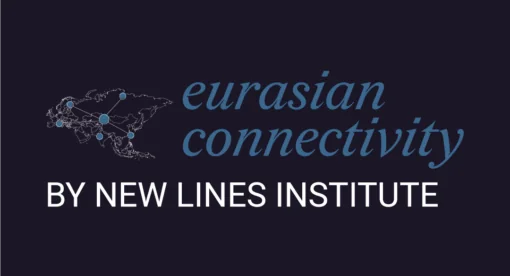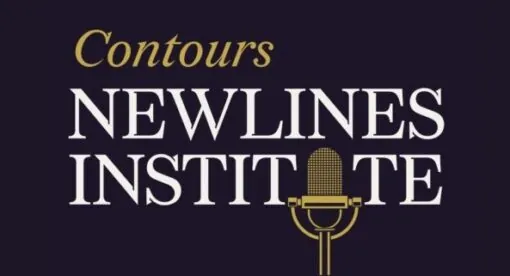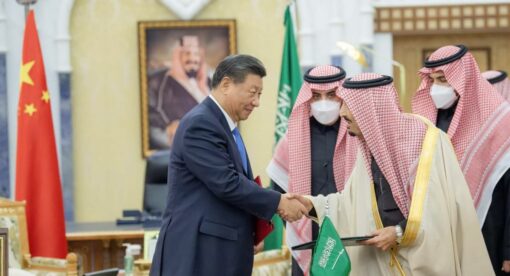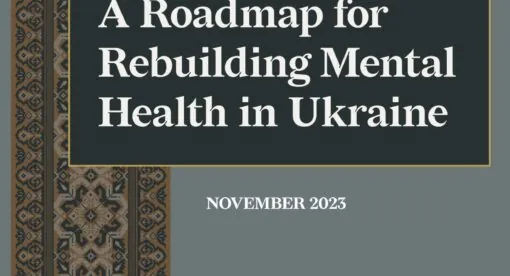Over a 24-hour period, leader of the Russian paramilitary Wagner Group Yevgeny Prigozhin urged Wagner fighters to march on Moscow, successfully captured a city in Southern Russia, and then signed an agreement to back off and retreat to Belarus. Host Carolyn Moorman, Non-Resident Fellow Jeff Hawn, and Open-Source Information Gathering Manager Aram Shabanian dive into what these events mean for Russia’s internal political dynamics and foreign policy.

Home / Analyzing Wagner’s March on Moscow
Analyzing Wagner’s March on Moscow
Related Articles

The Race for Rare Earth Minerals
In today's Eurasian Connectivity episode, host Kamran Bokhari sits down with Dr. Ariel Cohen and China expert Wesley Alexander to discuss their recent report on rare earth minerals in Central Asia and the need for the United States to increase its access to these minerals. The trio discuss China's massive supply of these minerals, the geography of mineral deposits and their implications, and what the U.S. can do to secure them.

Taiwan’s Elections and Implications for US-China Relations
Eugene Chausovsky discusses the landscape of the 2024 Taiwanese elections with Steven Wang.

How the U.S. Can Respond to China’s Engagement in the Middle East
China’s economic ties with Middle Eastern countries are deepening, and the U.S. needs to pay attention.

A Roadmap for Rebuilding Mental Health in Ukraine
Mental health and psychosocial support will be an important part of post-war rebuilding in Ukraine.


